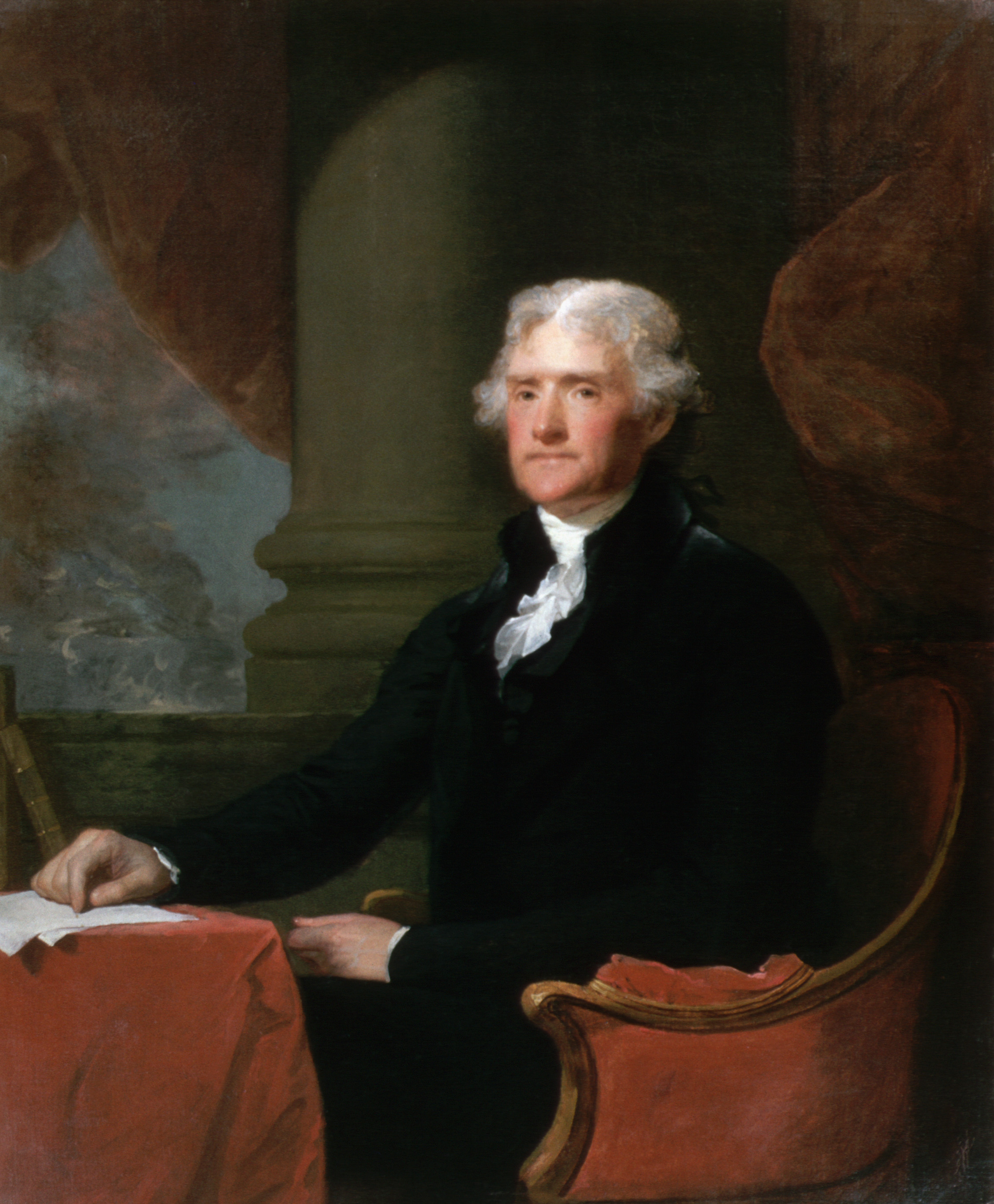Liberty Matters
Understanding Jefferson and the Concept of Historical Context

By pointing to a few of the “micro-details” of Thomas Jefferson’s early education, my intention was to underscore the complexity and importance of the idea of historical context. I would argue that idea has to be understood theoretically well before the evidence for its construction is to be gathered.
As a group, historians are notoriously allergic to discussions of theory and often loathe even to take up questions of method. For often good reasons, the advice usually given to those entering the field is to immerse oneself in archival sources first, and only then ruminate over the implications for the composition of a narrative. All too frequently, however, our assumptions about how sources relate one to another remain latent in the background or are only partially or imperfectly developed. I would encourage an earlier and more thoroughgoing engagement with this question.
How do the details of a particular time, from the seemingly smallest aspects of a past life to the larger events going on around it, come to shape the thoughts and actions of contemporaries? For much of the last century, social historians usually presented context as something highly structured, composed of forces rooted in social relations that reveal themselves in patterns of behavior that can be analyzed as wholes. Concepts of economy and culture loom large in these approaches and historical context frequently takes on the aspect of an external imposition.
What I like about the approaches taken in these essays is their close attention to the complicated array of particulars that populated Jefferson’s conscious thoughts and interests. Rather than an imposition of external forces, the various interpretations present us with a more complex picture of Jefferson’s mind, where concepts and ideas are highlighted that do not necessarily sit easily with the more traditional views of Jefferson’s beliefs.
Certainly, Christine McDonald’s investigation of Jefferson’s final moments raises new questions about the nature of his religious beliefs and Todd Estes has shown us a Jefferson far more willing to work with Alexander Hamilton than is generally understood. In the case of Jefferson’s complicated relationship to slavery, Cara Rogers Stevens has also demonstrated a far more complicated and tension ridden conscience at work. Earlier interpretations usually passed over Jefferson’s involvement with his enslaved workforce all too quickly, approving his stated opposition to the institution while generally dealing only lightly with his continued and persistent practices. More recent views, on the other hand, have gone too fast in the opposite direction to assert simple hypocrisy.
All these approaches remind us of the old adage that reality is generally more interesting and complicated than fiction. But they also illustrate the importance of understanding the nature of context. Every individual mind presents a cacophony of voices, an often unruly parliament, and what we call “personality” is but a chairman presiding over a myriad of experiences, ideas and dispositions accumulated over the course of life. Each moment must then be seen as negotiated in real time and with varying degrees of consciousness.
Jefferson affords an excellent illustration of just such complexity and is perhaps one of the best subjects for illustrating the inadequacy of the idea of context as merely the imposition of external factors. How language, interests and ideas come to situate themselves in an individual mind will always have their unique and particular pattern in each person. Interest or tradition will not, then, simply direct the course of thought and action along unchanging trajectories.
Reason looms large in Jefferson’s overt and very public statements, but can we doubt that both pain and fear had their part in his private thoughts? How far then can we say that he did, or did not believe, in an overruling providence? How far can we say that he remained consistent in his thoughts about the Constitution? To what degree was his belief in the evils of slavery compromised by fears of debt, loss of status and even the care of his family?
Each of the essays has invited a deeper exploration of Jefferson’s thoughts. To my mind, that is also an invitation to a more considered understanding of what context means both in the practice but also in the theoretical approach to history.
Copyright and Fair Use Statement
“Liberty Matters” is the copyright of Liberty Fund, Inc. This material is put on line to further the educational goals of Liberty Fund, Inc. These essays and responses may be quoted and otherwise used under “fair use” provisions for educational and academic purposes. To reprint these essays in course booklets requires the prior permission of Liberty Fund, Inc. Please contact oll@libertyfund.org if you have any questions.